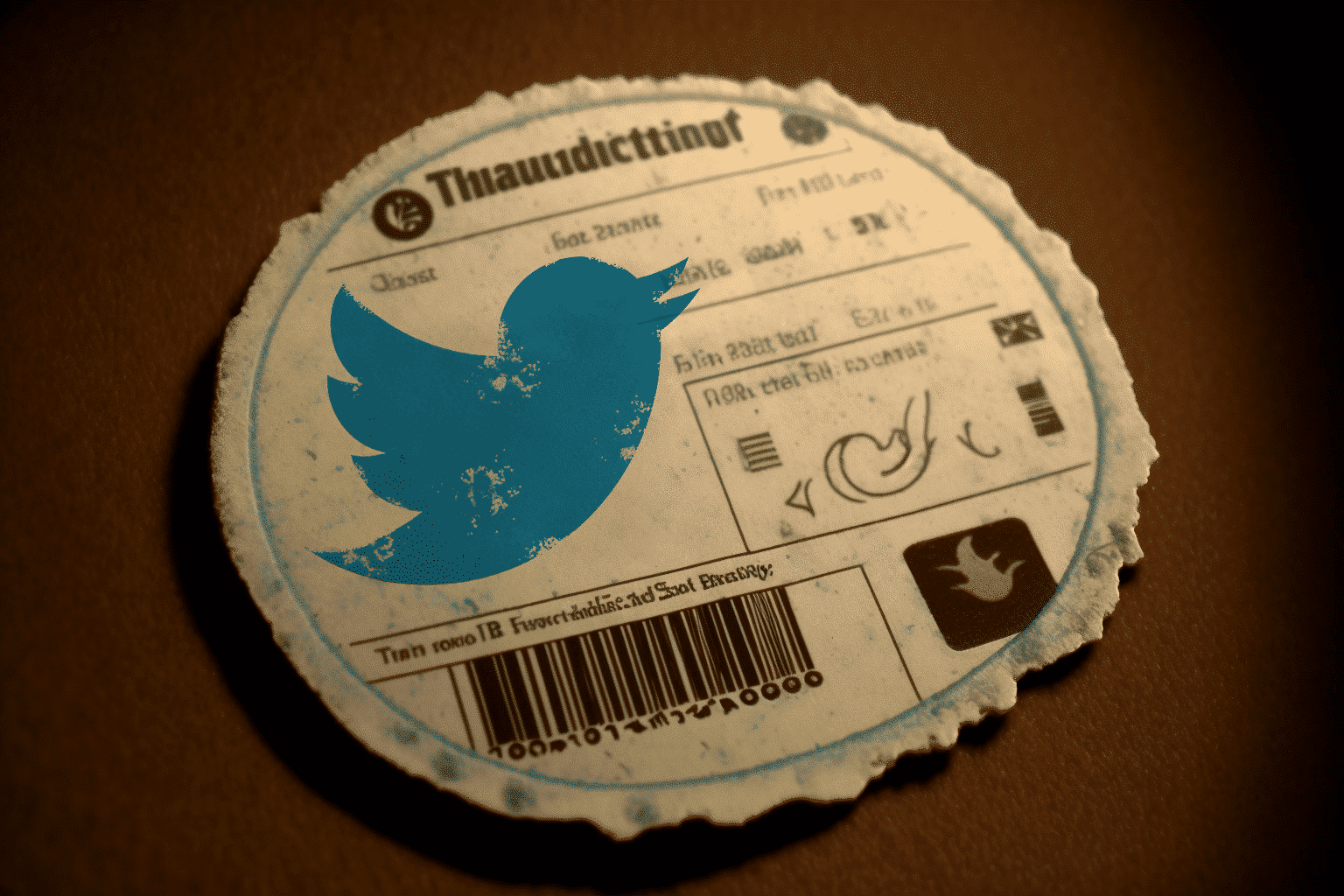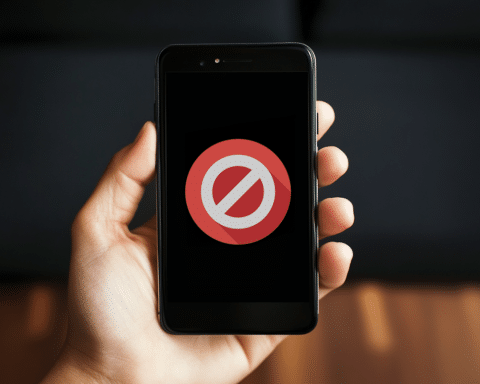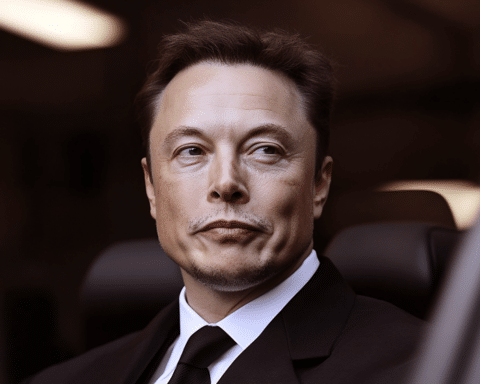Twitter has removed the blue verification badge from the main account of The New York Times, a news organization that has been a target of Elon Musk’s criticism. This follows the deadline set by Musk for verified users to purchase a premium Twitter subscription or lose their badges.
The newspaper has refused to pay for verification of its institutional accounts, prompting Musk to tweet derogatory remarks and have the Times’ badge removed. Other New York Times accounts still have their badges, but Twitter did not comment on the Times’ removal. The move has added fuel to the controversy surrounding Twitter’s verification system.
The Costs of Check Mark Verification
The costs of keeping check marks on Twitter range from $8 a month for individual web users to a starting price of $1,000 monthly to verify an organization, plus $50 monthly for each affiliate or employee account. Prior to Musk’s tenure as CEO, Twitter used to provide the blue verification badge to public figures and other users to confirm their identities, but it no longer verifies individual accounts to ensure their authenticity.
While the cost of Twitter Blue subscriptions might seem insignificant for Twitter’s most famous commentators, some celebrity users, from basketball star LeBron James to Star Trek’s William Shatner, have refused to join. Seinfeld actor Jason Alexander pledged to leave the platform if Musk takes away his blue check mark.
White House Passes on Premium Accounts
According to a memo sent to staff, the White House has decided not to subscribe to Twitter Blue, and only President Joe Biden and members of his Cabinet have been granted a free gray verification badge. Lower-level staff will not receive any Twitter Blue benefits unless they pay for it themselves.
The memo, issued by White House official Rob Flaherty, instructs staff to report any impersonations that violate Twitter’s stated impersonation policies using the platform’s public impersonation portal.
Musk’s Views on Blue Verification Check Marks
Since acquiring Twitter for $44 billion, Elon Musk has been trying to boost the platform’s revenue by encouraging more users to pay for the premium subscription. Additionally, Musk has criticized the blue verification badges, which he claims have become a corrupt status symbol for elite personalities and reporters.
Twitter originally introduced the blue check to verify politicians, activists, and journalists and to curb misinformation. Musk’s initial action on taking over Twitter was to introduce a service that allowed individuals to purchase blue checks for a monthly fee of $8.
However, the service was soon inundated with impostor accounts, causing Twitter to temporarily suspend it.
Twitter Blue Subscription Service
Twitter has launched its Blue subscription service, offering users access to exclusive features like tweet undo, bookmark folders, and reading list organization. CEO Jack Dorsey has stated that the service will help fund the development of new products and enhance the user experience.
However, the move has generated mixed reactions, with some welcoming the features, while others criticize it as a pay-to-play model. Furthermore, Twitter’s decision to revoke verification badges for non-premium users has added to the controversy surrounding the system.
The move has been viewed by many as a way to monetize the trend, with some high-profile users like Elon Musk accusing Twitter of corrupting the system.
The Future of Twitter
Twitter’s subscription service has sparked a debate over social media’s role in society. Some view Twitter as a positive platform for expression and connection, while others see it as a source of hate speech and misinformation. The introduction of a pay-to-play model has raised concerns about free speech and accountability.
Users have called for transparency from the company, while others have criticized its approach as heavy-handed. The future of Twitter remains uncertain as it balances user needs and shareholder demands. Regardless, the debate over social media’s role in modern society will continue for years to come.




